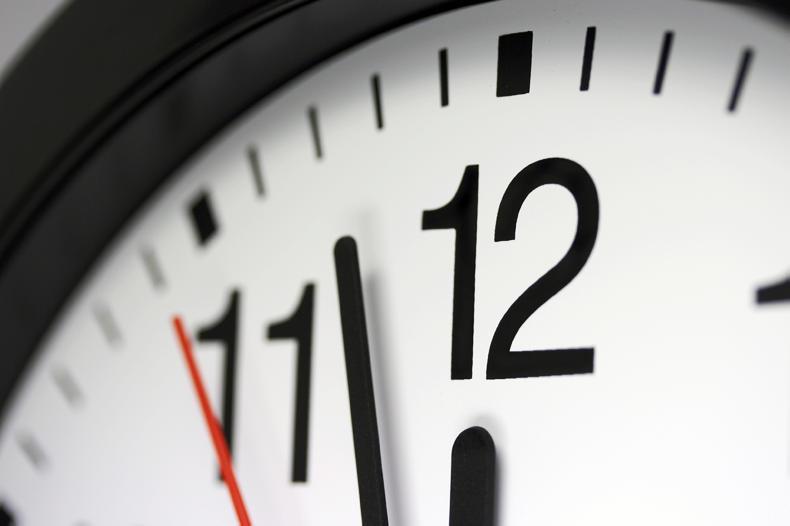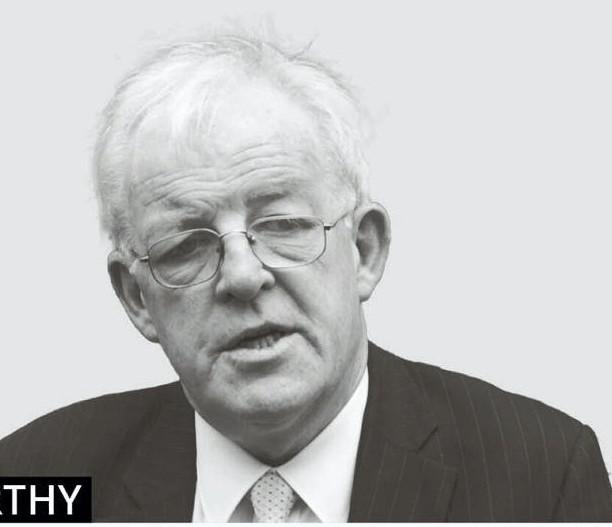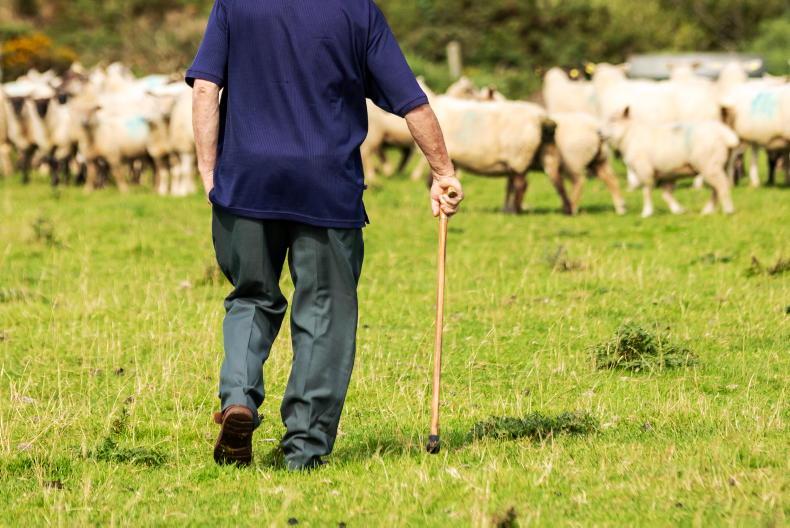Friday 30 November 2018 is the final chance farmers can have their say on an EU proposal which could see the tradition of clocks changing for summer time being scrapped by 2021.
Since 2001, all member states in the EU switch to "summer time" on the last Sunday of March and to switch back to their "winter time" on the last Sunday of October.
However, following an EU-wide public consultation to gather citizens’ views on the seasonal clock changes, the European Commission has concluded that the majority of people who responded are in favour of abolishing the twice-yearly clock change and have put forward a proposal to give effect to this.
The public is being asked if it is in favour of ending the seasonal clock changes and whether it favours staying on summer or winter time.
Choosing summer time means brighter evenings, with darker mornings in the winter than we currently experience. Choosing winter time means brighter mornings, with darker evenings in the summer than we currently experience.
Farmers concerns
There was concerns regarding the rhythm of animals and changing milking schedules due to the time switch, but with new equipment, artificial lighting and automated technologies, these concerns have largely dissipated.
However, an extra daylight hour during summer is an advantage to farmers which allows them to extend working hours for summer jobs, such as harvesting and field work.
Questions
As part of the consultation in Ireland, people are being asked three questions:
Do you want to stop changing the clocks twice a year?If the clock changes stop, do you want to remain on summer time or winter time?What would your opinion be if this proposal were to give rise to different time zones between Ireland and Northern Ireland?Farmers who want to have a say on the matter can do so here: https://www.surveymonkey.com/r/Consultation_on_Seasonal_Clock_Changes
Read more
Back to the future - Ireland's border could become a time portal
Friday 30 November 2018 is the final chance farmers can have their say on an EU proposal which could see the tradition of clocks changing for summer time being scrapped by 2021.
Since 2001, all member states in the EU switch to "summer time" on the last Sunday of March and to switch back to their "winter time" on the last Sunday of October.
However, following an EU-wide public consultation to gather citizens’ views on the seasonal clock changes, the European Commission has concluded that the majority of people who responded are in favour of abolishing the twice-yearly clock change and have put forward a proposal to give effect to this.
The public is being asked if it is in favour of ending the seasonal clock changes and whether it favours staying on summer or winter time.
Choosing summer time means brighter evenings, with darker mornings in the winter than we currently experience. Choosing winter time means brighter mornings, with darker evenings in the summer than we currently experience.
Farmers concerns
There was concerns regarding the rhythm of animals and changing milking schedules due to the time switch, but with new equipment, artificial lighting and automated technologies, these concerns have largely dissipated.
However, an extra daylight hour during summer is an advantage to farmers which allows them to extend working hours for summer jobs, such as harvesting and field work.
Questions
As part of the consultation in Ireland, people are being asked three questions:
Do you want to stop changing the clocks twice a year?If the clock changes stop, do you want to remain on summer time or winter time?What would your opinion be if this proposal were to give rise to different time zones between Ireland and Northern Ireland?Farmers who want to have a say on the matter can do so here: https://www.surveymonkey.com/r/Consultation_on_Seasonal_Clock_Changes
Read more
Back to the future - Ireland's border could become a time portal










SHARING OPTIONS